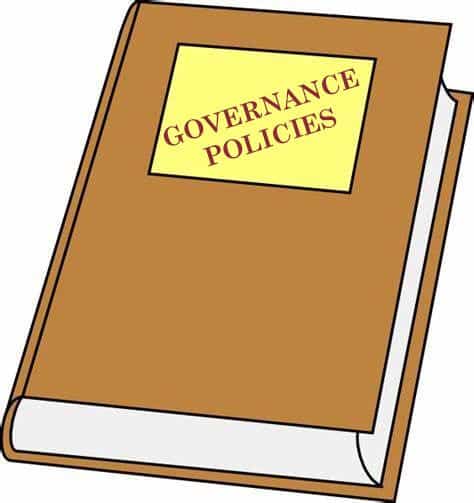March 1, 2021
Required Under State Statutes
Most Colorado HOAs or owner associations (including condominium associations) are required to have ten written policies – nine of which are mandated by CCIOA, plus one additional policy required under Colorado consumer protection and cybersecurity statutes. The nine policies required under CCIOA are on the following topics:
- Collection of Assessments

- Director Conflict of Interest
- Conduct of Meetings
- Covenant and Rule Enforcement
- Records Inspection and Copying
- Investment of Reserves
- Adoption and Amendment Policies, Procedures, and Rules
- Dispute Resolution (ADR)
- Reserve Study and Funding
The additional policy pertains to “personal identifying information” (as defined under Colorado statutes) of owners and residents and is required under C.R.S. § 6-1-102(6) and C.R.S. § 6-1-713:
- Policy on protecting owner and resident personal identifying information and the destruction of that information
How to comply?
Adopt and maintain the required policies. Update, revise and simplify these policies from time to time and as needed.
Why has the state required these policies of most HOAs?
The required policies are intended to result in better governance of HOAs, with transparency of the HOA’s policies to the members and the protection of owner personal identifying information.
Required Governance Policies – Enforcement and Compliance
The statutes that established requirements for the nine policies under CCIOA can be enforced by owners. Enforcement of CCIOA provisions is similar to enforcement of declarations. An owner or HOA that successfully pursues enforcement through the courts may claim attorney fees under CCIOA. A claim for attorney fees may also be available under the governing documents.
Although there is currently no express enforcement authority granted to the HOA Information and Resource Center (a division of DORA) or the HOA Information Officer to enforce these requirements, the HOA Information Officer is authorized to request records from associations as the Officer determines necessary to carry out the duties of that Officer.
The Colorado Attorney General’s office oversees compliance and enforcement of the Colorado consumer protection statutes.



